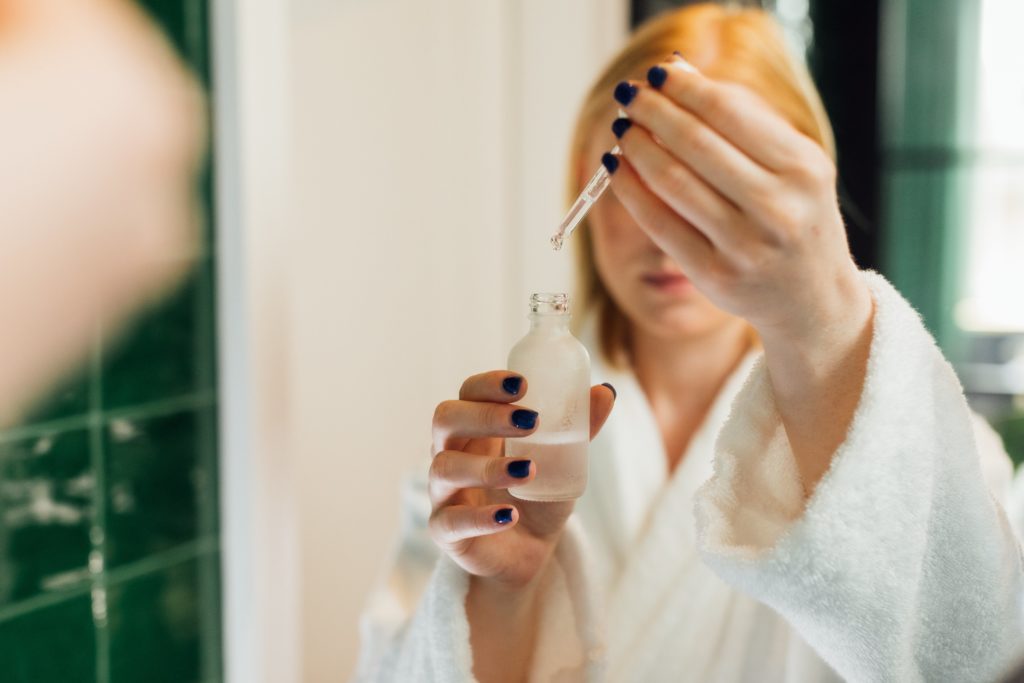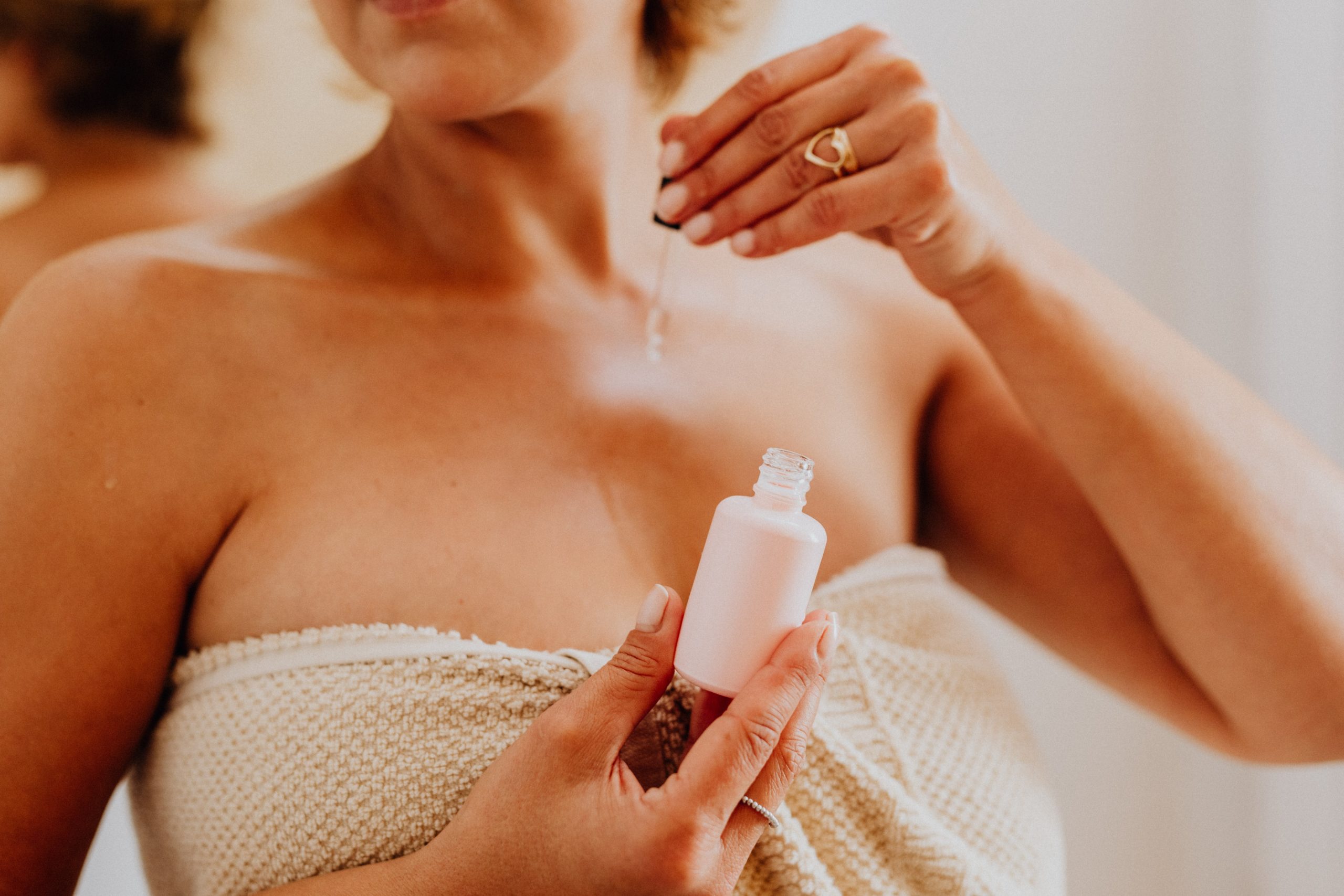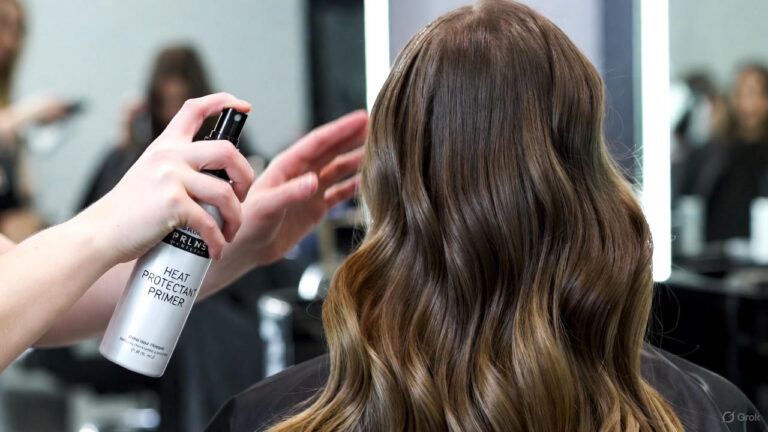Are you frustrated with your skincare serum not delivering the expected results? You’re not alone.
Serums have become a popular addition to skincare routines, promising a multitude of benefits and radiant, youthful skin. However, when our serums fail to live up to our expectations, it can leave us feeling puzzled and disheartened.
Fear not, for in this comprehensive guide, we will delve into the reasons why your serum is not working as intended and provide practical solutions to help you achieve the desired outcomes.
What are Serums?
Serums are lightweight, fast-absorbing formulations designed to deliver high concentrations of active ingredients to the skin. These ingredients can include vitamins, antioxidants, peptides, hyaluronic acid, and more, each catering to different skin concerns and goals. Unlike moisturizers, serums typically have a thinner consistency and are meant to be used as a targeted treatment step in your skincare routine.
Factors Affecting Serum Efficacy
Now that we have a better understanding of serums let’s explore the various factors that can contribute to their lack of effectiveness. By identifying and addressing these factors, you can enhance your serum’s efficacy and unlock the full potential of your skincare routine.
Incorrect Product Selection
a. Incompatibility with skin type: Every individual has a unique skin type, and using a serum that is not suitable for your specific needs can lead to suboptimal results. Oily, dry, sensitive, or combination skin all have different requirements, and selecting a serum that complements your skin type is essential.
b. Inadequate target area coverage: Serums are often formulated to address specific concerns, such as dark spots, fine lines, or uneven texture. If you’re applying the serum to areas that don’t require treatment or neglecting certain problem areas, you may not see the desired improvements.
Incorrect Application Technique
a. Insufficient amount of serum: Using too little serum can limit its effectiveness, as you may not be providing your skin with an adequate concentration of active ingredients. Follow the recommended dosage and adjust accordingly based on your individual needs.
b. Improper order of application: The order in which you apply your skincare products matters. Applying a serum after a heavy moisturizer, for example, can create a barrier that prevents the serum’s active ingredients from penetrating the skin effectively. Ensure you’re applying your serum at the right step in your skincare routine for optimal results.
External Factors
a. Environmental pollutants: Our skin is exposed to various environmental pollutants daily, such as air pollution, UV radiation, and free radicals. These factors can interfere with the performance of your serum, hindering its ability to deliver the desired benefits. It’s crucial to cleanse your skin thoroughly and protect it from harmful external influences.
b. Sun exposure: UV rays can degrade the potency of certain ingredients in serums, rendering them less effective. Always wear broad-spectrum sunscreen with an adequate SPF to shield your skin from harmful UV radiation and preserve the efficacy of your serum.
Identifying Serum Ineffectiveness

While the reasons behind your serum not working may vary, it’s important to recognize the signs that indicate ineffectiveness. By being aware of these signs, you can take timely action to rectify the situation and adjust your skincare routine accordingly.
- Lack of noticeable results: If you’ve been consistently using a serum for an extended period and have yet to notice any visible improvements in your skin, it may be a sign that the serum is not delivering the desired effects.
- Unexpected skin reactions: While some serums may cause temporary skin reactions like mild redness or tingling due to their active ingredients, persistent or severe adverse reactions may indicate that the serum is not suitable for your skin or that you’re experiencing an allergic reaction.
- Duration of product usage: Giving your serum enough time to work its magic is essential. However, if you’ve been using the serum diligently for an extended period, following the recommended application frequency, and haven’t witnessed any positive changes, it might be time to reevaluate its effectiveness.
Troubleshooting and Solutions
When faced with a serum that doesn’t seem to be working, it’s crucial to troubleshoot the issue and find practical solutions. Here are some steps you can take to maximize the efficacy of your serum:
Evaluate product compatibility
a. Consult a dermatologist or skincare professional: Seeking expert advice can help you determine whether the serum you’re using is compatible with your skin type and concerns. They can recommend alternative products or formulations that may better suit your needs.
b. Perform patch tests: Patch testing a small area of your skin before applying the serum to your entire face can help identify any potential allergic reactions or sensitivities. This step is particularly crucial if you have sensitive skin.
Reassess application technique
a. Use the recommended amount: Follow the instructions provided by the serum’s manufacturer regarding the recommended dosage. Applying too little serum may hinder its effectiveness, while using too much may cause wastage or overload your skin.
b. Follow the correct order of application: Pay attention to the order in which you apply your skincare products. Generally, serums are applied after cleansing and toning but before moisturizing. Ensure that you’re not creating a barrier that prevents the serum’s active ingredients from penetrating the skin effectively.
Address external factors
a. Cleanse and protect skin from pollutants: Incorporate a gentle cleanser into your skincare routine to remove impurities and pollutants that can hinder the efficacy of your serum. Additionally, consider using antioxidant-rich products that can help neutralize free radicals and protect your skin.
b. Apply sunscreen regularly: Protecting your skin from harmful UV radiation is vital not only for overall skin health but also for preserving the potency of your serum’s ingredients. Choose a broad-spectrum sunscreen with a sufficient SPF and apply it generously before sun exposure.
Maximizing Serum Efficacy
To maximize the effectiveness of your serum, it’s essential to adopt a consistent skincare routine and implement complementary practices:
- Consistency and patience: Skincare is a long-term commitment, and results may not be instant. Consistently using your serum as directed and giving it enough time to work its magic is key to achieving desired outcomes.
- Sticking to a skincare routine: A well-rounded skincare routine that incorporates cleansing, toning, serum application, moisturizing, and sun protection can help create an optimal environment for your serum to thrive.
- Complementing serums with other skincare products: While serums can be powerful standalone products, combining them with other skincare products like moisturizers, face oils, or masks can enhance their benefits and provide a comprehensive approach to skincare.
When to Seek Professional Advice
While troubleshooting and making adjustments to your skincare routine can often resolve issues with serum effectiveness, there are situations where seeking professional advice is recommended:
- Persistent lack of results: If, despite your efforts and adjustments, you’re still not seeing the desired results from your serum over an extended period, consulting a dermatologist or skincare professional can help identify underlying issues and recommend alternative solutions.
- Severe adverse reactions: If you experience severe or prolonged adverse reactions, such as intense itching, burning, or significant skin irritation, discontinue the use of the serum immediately and seek professional assistance.
- Concerns about specific skin conditions: If you have specific skin conditions like acne, rosacea, or eczema, it’s essential to consult with a professional who can guide you in selecting serums and skincare products that cater to your unique needs.
Conclusion
Understanding why your serum is not working is crucial for achieving the desired results. By recognizing the factors that affect serum efficacy and implementing the troubleshooting steps discussed, you can unlock the full potential of your serum and elevate your skincare routine. Remember to be patient, and consistent, and adapt your routine based on your individual needs.
FAQs
1. Why is my serum not working?
There can be several reasons behind a serum not working effectively. It could be due to incorrect product selection, improper application technique, or external factors such as environmental pollutants and sun exposure. Identifying these factors and making appropriate adjustments can help improve the serum’s efficacy.
2. How do I know if my serum is ineffective?
Lack of noticeable results, unexpected skin reactions, and prolonged usage without positive changes are indications that your serum may be ineffective. It’s important to assess these signs and consider troubleshooting solutions to enhance its effectiveness.
3. Can using too little serum affect its efficacy?
Yes, using an insufficient amount of serum may limit its effectiveness. It’s crucial to follow the recommended dosage provided by the manufacturer to ensure your skin receives an adequate concentration of active ingredients.
4. What is the correct order of applying serum in my skincare routine?
Generally, serums are applied after cleansing and toning but before moisturizing. Applying the serum before heavy moisturizers allows for better absorption and ensures that the active ingredients can penetrate the skin effectively.
5. How can environmental pollutants affect the efficacy of my serum?
Environmental pollutants, such as air pollution and free radicals, can disrupt the performance of your serum by causing oxidative stress and inflammation in the skin. Thoroughly cleansing your skin and using antioxidant-rich products can help protect against these pollutants and preserve the serum’s efficacy.
6. Can sun exposure affect the effectiveness of my serum?
Yes, prolonged sun exposure can degrade the potency of certain ingredients in serums, rendering them less effective. It’s crucial to wear a broad-spectrum sunscreen with adequate sun protection factor (SPF) to shield your skin from harmful UV radiation and maintain the effectiveness of your serum.



